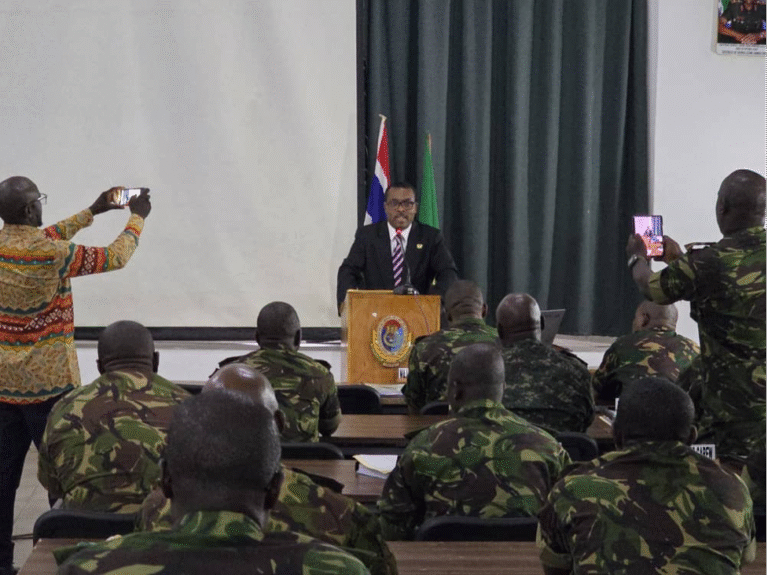The National Public Procurement Authority (NPPA) has released a detailed four-year review of public procurement practices in Sierra Leone, covering the years 2020 to 2023. The findings, drawn from compliance assessments of over 180 government institutions, paint a mixed picture of progress and persistent challenges in how public funds are spent on goods, works, and services. The NPPA’s annual compliance reports are mandated by the Public Procurement Act of 2016 and serve as the country’s most comprehensive accountability tool for evaluating the transparency, efficiency, and legality of procurement activities.

The four reports reviewed more than 25,000 procurement transactions worth trillions of Leones. They reveal a common and troubling trend: too much reliance on non-competitive procurement methods such as Request for Quotations (RFQ) and sole sourcing. In some years, these methods accounted for over 90% of procurement activities—often violating spending thresholds and weakening the principles of fair competition and value for money. In 2023 alone, over 4,400 activities used non-competitive methods, compared to just 801 that followed competitive bidding procedures like International Competitive Bidding (ICB) and National Competitive Bidding (NCB).

While more entities are preparing procurement plans, the reports show that execution remains poor. In 2020, only 18% of planned activities were implemented as outlined. By 2023, that figure had only reached 30%, exposing billions in off-plan, and potentially unauthorized, spending.
“This misalignment between planning and execution increases the risk of waste, duplication, and misuse of public funds,” the NPPA warned.

Despite notable progress in setting up procurement units—over 90% of institutions had one by 2023—many lack trained personnel, contract registers, or even access to the Procurement Act and its regulations. The NPPA found that in 2022 alone, 23% of entities had no contract register, while 14% had no access to basic legal tools. Equally concerning, several institutions, including the Ministry of Health and Sanitation and the Ministry of Tourism and Cultural Affairs, failed to submit procurement data in multiple years, despite legal obligations.
The reports highlight encouraging signs of progress. Competitive procurement value rose to Le 14.14 billion in 2023—the highest on record. The NPPA also expanded its oversight reach, assessing more institutions each year and launching the Electronic Government Procurement (e-GP) platform to digitize processes and reduce corruption risks.
The NPPA is calling for swift reforms across several areas:
•Sanctions for Non-Compliance: There is currently no legal consequence for procurement officers who flout the rules. A reform of the Procurement Act is urgently needed.
•Link Budget to Procurement Plans: The Ministry of Finance is urged to tie fund disbursements to approved procurement plans.
•Scale Up e-GP: Digitizing all procurement activities will minimize human discretion and improve real-time oversight.
•Contract Monitoring: Post-award contract delivery must be monitored to ensure that what is promised is actually delivered.
According to NPPA CEO, Mr. Fodie J. Konneh, “Every Leone spent through public procurement is taxpayers’ money. We must ensure that it is used effectively to deliver roads, schools, hospitals, and other vital services.” Citizens, civil society groups, and the media are encouraged to take a more active role in demanding transparency, accessing procurement data, and reporting irregularities through available legal channels. The NPPA’s four-year assessment shows a system in transition—making strides toward reform, but still hampered by old habits and systemic weaknesses. With collective action from government, development partners, and the public, Sierra Leone can build a procurement system that not only safeguards public resources but accelerates national development.
For access to the full reports or further information, visit www.nppa.gov.sl or contact the Communications and Outreach Unit at info@nppa.gov.sl.







